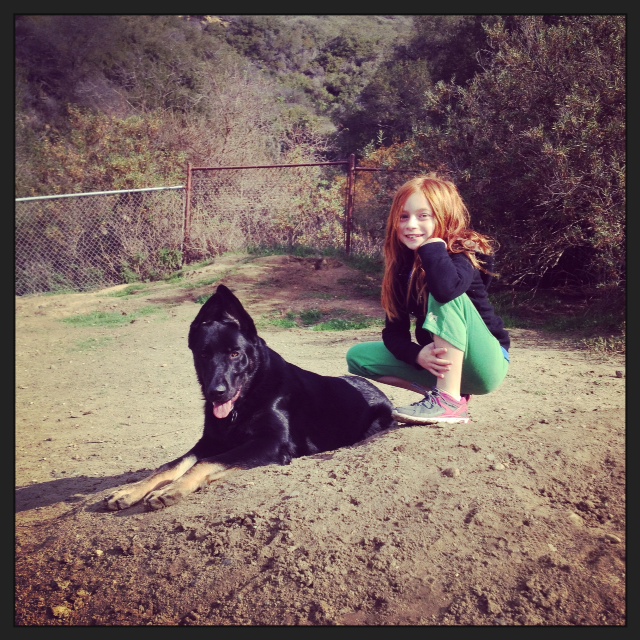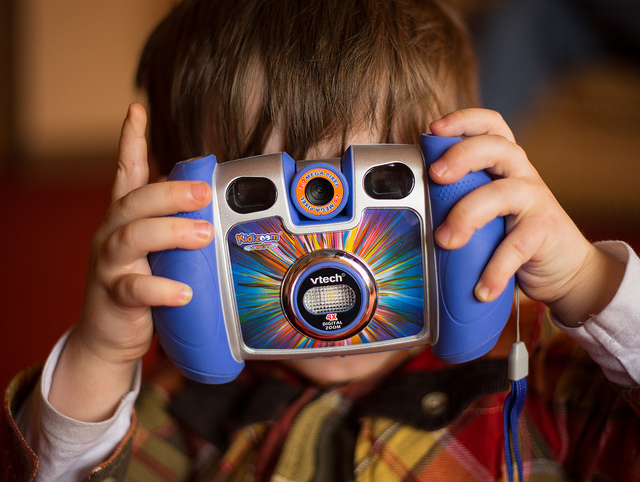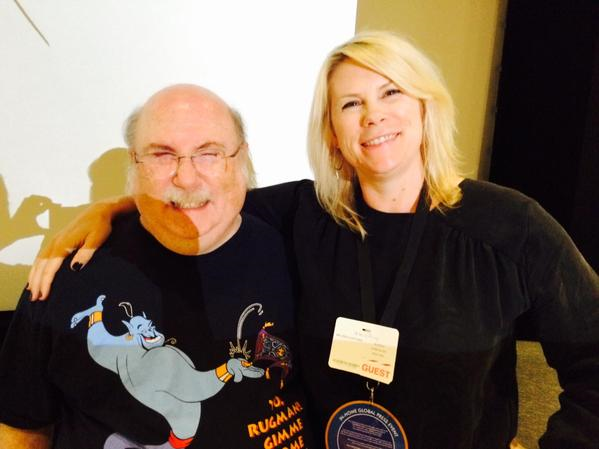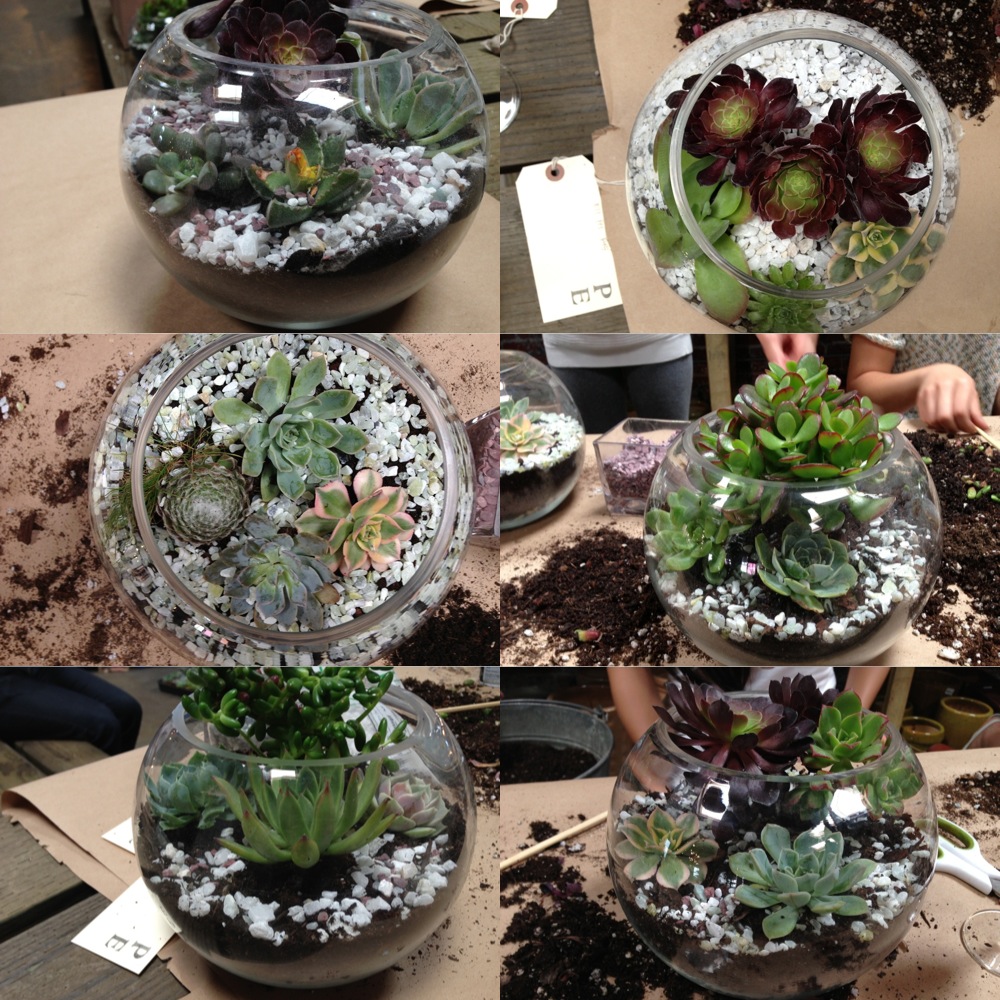
Parenting :: Make Music a Daily Activity for Children
Make Music a Daily Activity for Children
Music has played an important role in our culture for so long that musicality is part of our anthropological and genetic history. Ethnomusicology is the study of folk music throughout time and it relates to the way we pass down music from generation to generation. There is a large body of evidence that says that, for children, music stimulates brain processes that enhance math and language skills, increase motor coordination and create bonding moments between parent and child. Most importantly, teaching music to children is fun.
Live vs. Electronic
Musicians and music educators have long debated the benefits of live versus electronic music for years. Live music, including singing and percussion, is easy to teach. Any bucket can become a drum and nursery rhymes are lyrics to the clever would-be family band. Electronic music fits better into our technologically inclined society and is portable. As your child gets a little older, they can access their own music by downloading it onto their smartphones or using streaming apps.
As far as the dispute between electronic or live, researchers are finding that both have their time, place and benefit depending on the developmental stage of the child and the family dynamics. Children learn differently than adults. This is not a function of adults having a larger base of knowledge from which to draw. Young people are neurologically programmed to take in knowledge in a way that is appropriate to their physicality. The bottom line is that every child can benefit from live music and electronic music should be introduced with the understanding that the child will let the parent know if she is comfortable with the technology.
Moving Music
Music, dancing and singing are intrinsically linked, right down to the neurological level. Music educators see musicality as a means to teach a child how to understand his body in space, use his whole form to solve spatial problems and identify patterns and rhythms. During infanthood, parents can introduce music as a form of communication. Singing, humming and dancing are precursors to language skills. Notice the reaction of your child as you interact with song and musical touch. This feedback to the introduction of music is your child’s first attempt at communicating with you.
As your child gets older, music becomes a medium for social interaction. Research has found that music plays an essential role in a child’s physical and social well-being. It may seem a stereotype of the pre-teen that is “all about the music,” but the reality is this burgeoning adolescent is connecting with a much larger social group. By laying a foundation of different musical genres, you open your child to more social interactions.
Transition Music
Life is messy. Music has found a place in making these ups and downs more palatable. Psychologists are finding that music can be used to help with daily, developmental or situational transitions. Keeping in mind that clean-up time can be as distressing to a toddler as changing schools can be to a teenager, having “clean-up music” may ease the stress of this transition. A study at Stanford University found music makes listening more effective and actions more intentional. By creating this foundation, parents are helping their children develop strategies to handle transitional stresses later in life. Adolescents and adults can always fall back on music to make an unpleasant event a little better.
0



